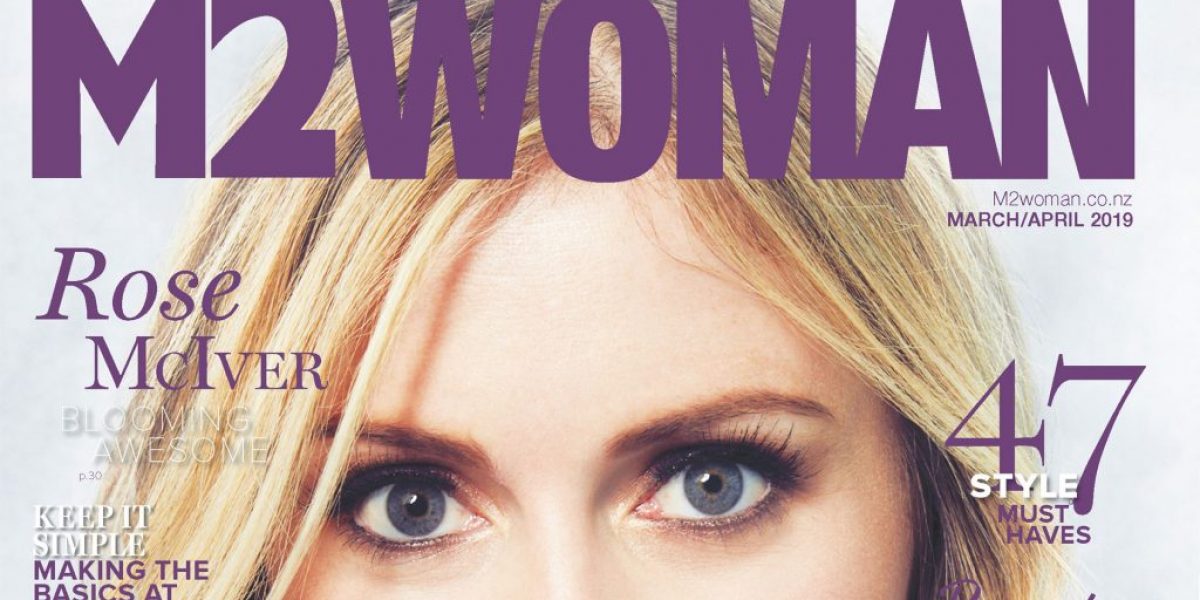Editors Letter – Mar/Apr 2019
There is no shortage of talk about the need for greater diversity in the C suites of our businesses and the board rooms of our corporations. There are valid arguments as to the benefits that female empathy and perspectives bring to any leadership culture but still, it seems like we are in the middle of a losing battle.
With just one female CEO on the NZX50, the level of diversity (both cultural and gender) in leadership amongst many of our organisations does not represent the makeup of their customers and the communities within which they exist. This is, of course, not a new issue; we’ve been talking about it for a good while now but it really still seems like we’ve got a block when it comes to progressing this further.
In our latest Journey to Excellence event, our panel made some raw and honest observations about the issue of diversity, but one of the most startling and affronting insights came from our first male panelist, SkyCity Chair Rob Campbell. Mr Campbell is a long outspoken supporter of the need for diversity and his considerable experience on the Boards of some of our largest companies provides a learned perspective. He warns that we need to watch out for a new buzz term when it comes to arguments against forcing outcomes of diversity: “Watch for people who talk about appointment on merit, because it is the big trap that people fall into now. They say, ‘Look, yeah, no, absolutely we should have gender diversity, but it has to be on merit’. But what they mean by ‘merit’ is men. What they mean by ‘merit’ is the characteristics that male directors currently have. If you challenge them to say what constitutes merit for what a business needs today, you will quickly be able to disaggregate that and show that, in fact, what is being talked about is not merit but privilege.”
On this basis, maybe the current fight for diversity is a losing one if we don’t reframe the qualities that actually define who might be suitable for a role at one of those top positions. As well as putting the value onto diverse thinking, we have to put the value onto diverse traits. If we measure all new appointments on metrics of the characteristics of those who have traditionally occupied those roles, we will tend to just have more of the same.

